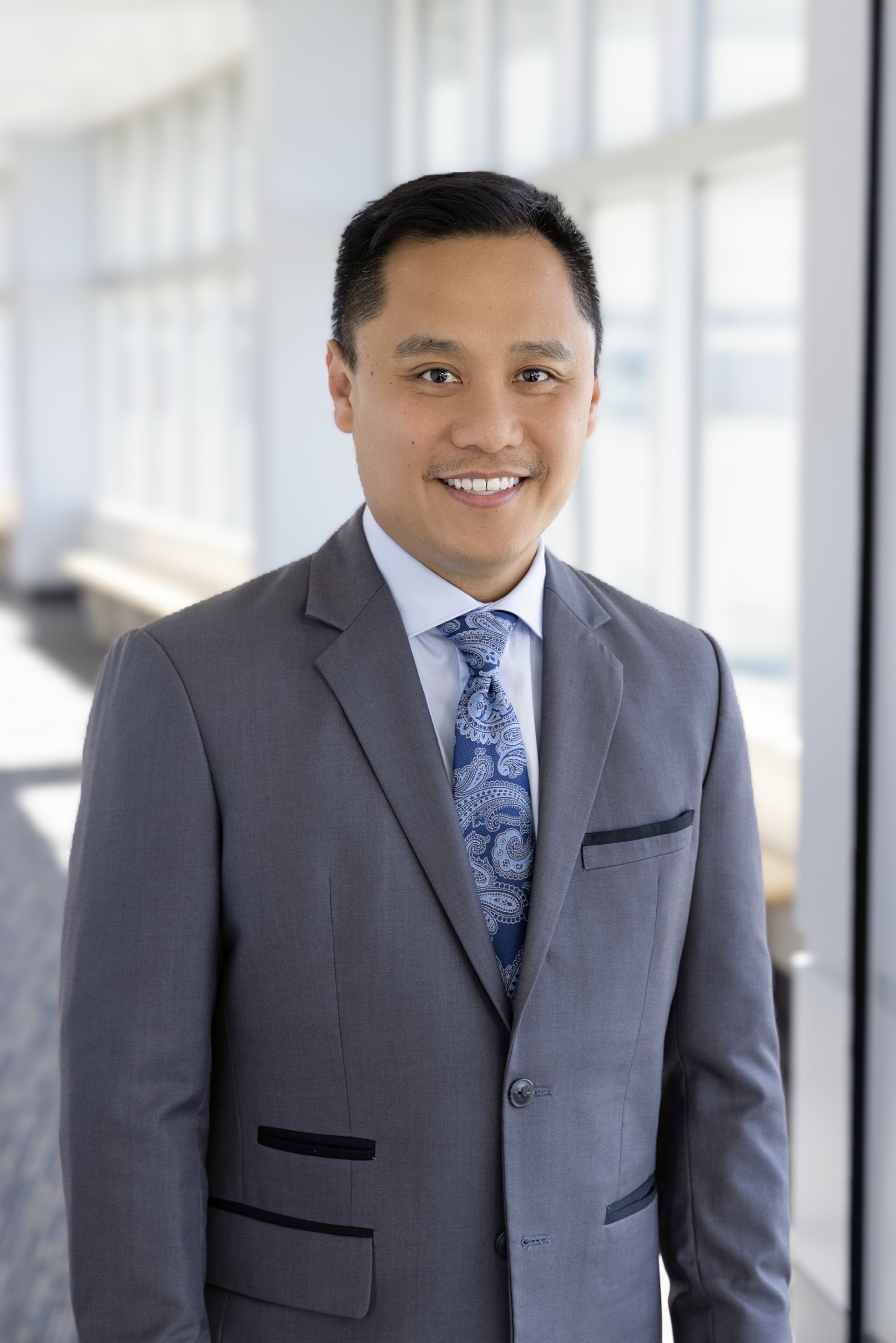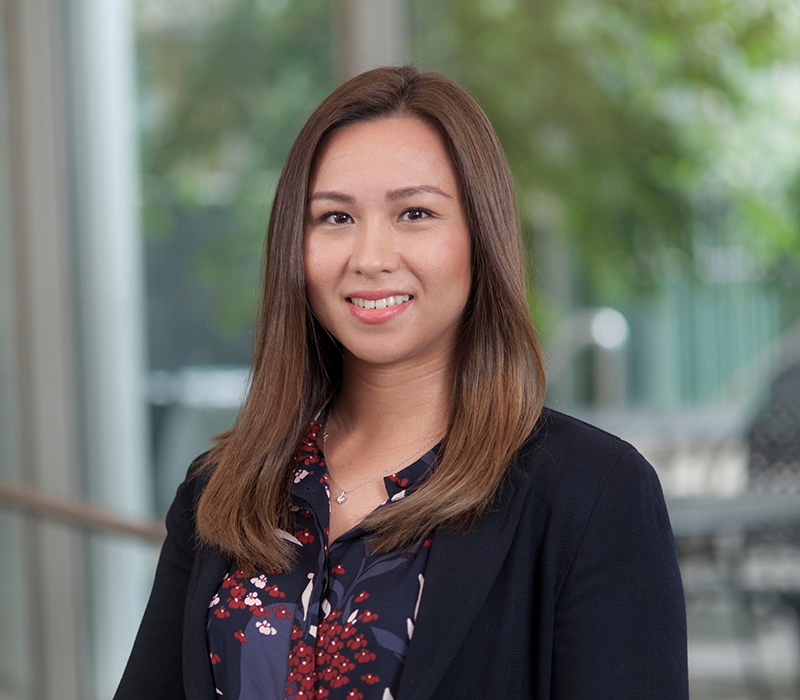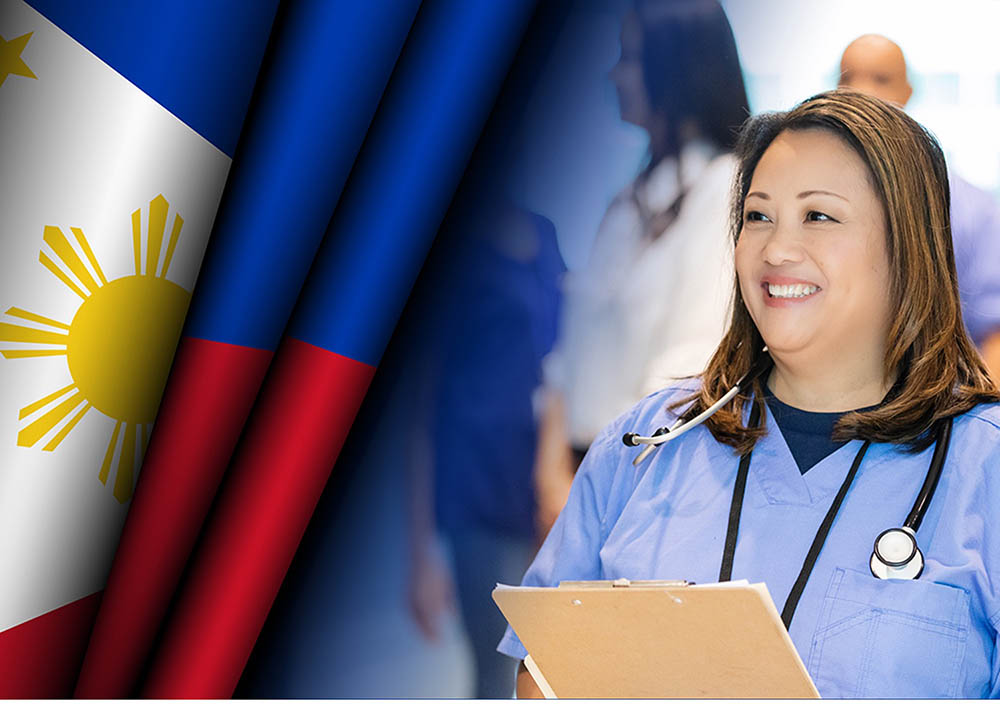Although Filipino Americans represent about 1% of the U.S. population, the community comprises a comparatively high 4% of the nursing workforce. October is Filipino American History Month, a time to recognize and honor the amazing history and journey of the Filipino American nursing community.
A Difficult and Troubling Past
The commemoration recognizes the October 18, 1587, arrival of Filipinos in the continental United States, but this year’s theme focuses particularly on the 125th anniversary of the Treaty of Paris, which ended the Spanish American War and led to the U.S. annexation of the Philippines. At that time, the United States began implementing American nursing curriculum in the southwestern Asia country. According to UC Berkeley ethnic studies professor Catherine Ceniza Choy, author of Empire of Care: Nursing and Migration in Filipino American History, American education practices were integrated into all levels of education in the Philippines, including nursing training.
The Philippines gained independence from the United States in 1946 following World War II, at which time the Exchange Visitor Program was established. Still in effect today, the program enables individuals to learn in the United States for two years and then return to their home countries. Nearly two decades later, another significant historical event further fueled the development of a robust Filipino American nursing community: Lyndon B. Johnson passed the Immigration and Nationality Act (Hart-Celler Act) in 1965, which abolished previous discrimination against immigrants coming to the country from Asian and non-White countries.
Filipino American Nurses’ Influence on the Profession
An estimated 150,000 Filipino nurses have emigrated to the United States since 1960, and a reported 1 in 20 U.S. RNs was trained in the Philippines. Since the 1970s, the Philippines has led the world in terms of nurse emigration, according to one researcher.
Some of the notable historical achievements from the Filipino American nursing community include:
- Anastacia Giron-Tupas (1890–1972), the most famous nurse in the Philippines, came to the United States in 1914 to obtain a certificate in public health nursing from the University of Pennsylvania. In 1929, she became the program’s director and later helped to develop the Philippines’ first bachelor of science in nursing program. Giron-Tupas also founded the Filipino Nurses Association and was the first president.
- Julita Villaruel Sotejo (1906–2003), a prominent nurse educator who was also educated in the United States, was the founder and first dean of University of Philippines College of Nursing, which paved the way for professional nursing the Philippines. She is credited with “establishing a direct entry baccalaureate nursing program in 1948” and for writing the Code of Ethics for Filipino nurses.
- Ines Cayaban (1904–1997) was a leader in cancer prevention in minority women. She joined the Hawaii Cancer Control Society’s Education Department in 1949 and was instrumental in helping to educate women about the importance of periodic pelvic examinations to screen for cancer.

Filipino American Nurses in Oncology
ONS member Lt. Colonel Marlon Garzo Saria, PhD, RN, OCN®, AOCNS®, NEA-BC, NPD-BC, FAAN, is a nurse scientist and Magnet program director at Providence Saint John’s Health Center in Santa Monica, CA. An active Filipino American nurse leader, Saria served as secretary on the ONS Board of Directors from 2013–2016 and on the Leadership Development Committee from 2020–2023. He is currently the Philippine Nurses Association of America’s (PNAA’s) president-elect.
“ONS was the first organization to trust me with a very important leadership role,” Saria said. “Everyone comes to the table with a unique set of experiences and can contribute to the breadth and depth of discussions that affect decisions. I am extremely proud to be among the leaders of Filipino American nurses who have collectively made significant contributions to health care and the Society.”
Saria said that countless nurses in the Filipino American community like him are also contributing to the transformation of cancer care. Among many others, he noted ONS member pioneers and peers such as:
- Karen Meneses, PhD, RN, FAAN, who was appointed by President George W. Bush to the National Cancer Advisory Board
- Ayda Nambayan, PhD, RN, a retired oncology nurse clinician, educator, and trainer for the End-of-Life Nursing Education Consortium
- Anna Liza Rodriguez, MSN, MHA, RN, OCN®, NEA-BC, chief nursing officer and vice president of nursing and patient services at Fox Chase Cancer Center in Philadelphia, PA
- Leorey N. Saligan, PhD, RN, CRNP, FAAN, a National Institute of Health researcher who is focusing on prevention and health promotion
- Joseph Tariman, PhD, MBA, ANP-BC, FAAN, associate dean for clinical innovation and evidence-based practice and an associate professor at Rutgers University School of Nursing in Camden, NJ

ONS member Faye Ari Inumerables, MSN, RN, ACNS-BC, OCN®, nurse leader, evidence-based practice and clinical nurse specialists, at Memorial Sloan Kettering Cancer Center in New York, NY, epitomizes the experience of many Filipino American nurses. “The road to pursue a nursing career here in the United States led me to oncology in 2010,” she said. Embraced by her mentors and ONS, within two years, Inumberables’ first ONS Congress® abstract was accepted. She continued to grow her professional involvement, most recently as a member of the Young Leaders pilot program.
“As a Filipino American nurse, I felt fortunate to be part of this program,” Inumerables said. “It allowed me to be mentored by an esteemed oncology nurse leader who voluntarily shared her time, wisdom, and experience.”
Shining a Light on a Community That Continues to Confront Challenges
Despite their contributions, the community’s historical discrimination and disparities still haunt Filipino American nurses today. CNN reported in 2020 that Filipinos disproportionately “constitute over 30% of total COVID-related deaths among RNs.” The increased inequities and racism since 2020 compel continued action to raise awareness of and protect against Asian hatred, particularly in the nursing profession.
PNAA’s mission “to uphold and foster the positive image and welfare of Filipino American nurses, promote professional excellence, and contribute to significant outcomes to health care and society through education, research, and clinical practice,” does just that, Saria explained. The association created the Heal Our Nurses campaign to develop critical, intermediate, and long-term interventions and programs to support the Filipino American nursing community during and beyond the pandemic.
As a frequent speaker and presenter, Saria said that he actively encourages participation in organizations like PNAA and ONS because, “For me, the most valuable gift you give as a member is not your membership fee. It is your voice. You add one more voice to the collective voices of Filipino American nurses.”
Inumerables is a testament to that vision. “I am inspired by ONS’s commitment to advocating for oncology nursing practice and improving patient care. It has encouraged me to continue growing and pushing myself to be the best version of a nurse leader,” she said. “Thank you, ONS, for welcoming a Filipino American nurse and inspiring me to advance my nursing career in oncology. Mabuhay!”
For a list of activities and celebrations, visit the Filipino American National Historical Society, and check out PNAA’s theme song, which encapsulates the dedication of the Filipino American nursing community.






